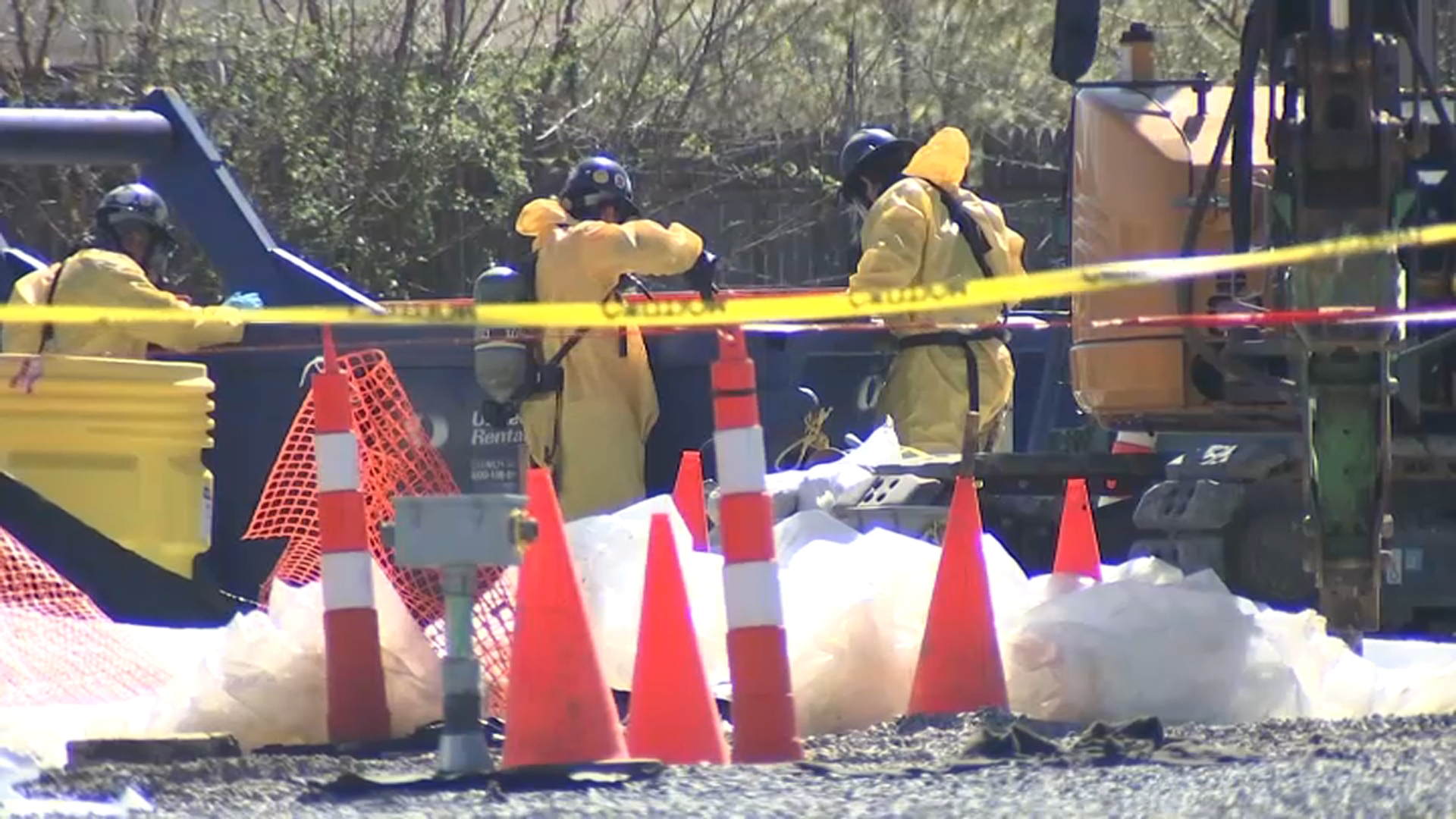What to Know
- Elected officials on Monday announced a long-term plan to fix lead levels in city of Newark's water
- Through a county bond Newark will put $120 million towards replacing the lead pipes for households served by the Pequannock water plant
- Meanwhile, the city's test to see if city-issued filters are removing enough lead from Newark's water will last a few more weeks
Elected officials in Newark announced a multi-million dollar program to put an end to the city's lead crisis Monday.
Gov. Phil Murphy, Newark Mayor Ras Baraka and Essex County officials made the announcement to accelerate a permanent remedy for the water issue that has been impacting thousands of residents.
Newark is estimating it will take upwards of 10 years to replace thousands of lead service lines, Essex County Executive Joseph N. DiVincenzo, Jr. said Monday during a press conference.
"I don't want to wait that long. I want this long-term solution to happen sooner rather than later," he said, adding that he has been meeting with city officials over the past week and have subsequently agreed on a partnership -- a low-interest bond.
"The mayor and I have been meeting and we are proud to announce a partnership in which the Essex County Improvement Authority will lend the City of Newark $120 million that the city can use only for their pipe replacement program," DiVincenzo said.
County officials say this agreement will allow Newark to "ramp up" its pipe replacement program and reduce the amount of time it will take to complete it to 24 to 30 months instead of a decade. Since March, nearly 800 lead service lines have been replaced, but thousands still remain.
During the press conference, Baraka said the new investment is at no cost to the impacted homeowners.
The long-term plan to fix lead levels in the water is to put $120 million towards replacing the lead pipes for about 14,000 of households served by the Pequannockwater filtration plant, NJ.com first reported.
Local
"Replacing the lead service lines is the only permanent way to address this issue," Baraka said in regards to the high lead levels found in Newark households, adding the city is "grateful" for the agreement that will allow the acceleration of the program.
"It goes without saying that this is a situation that none of us welcomed," Murphy said, adding that officials must continue to work at the local, state and federal level to address the water issue Newark has been facing as soon as possible.
"Our short-term focus continues to be, as the mayor said, on vigilantly testing the water so we can fully understand the extent of the challenge and on ensuring residents access to clean water," Murphy said.
"We also have our long-term focus on perminent remidation through the replacement of Newark's nearly 15,000 lead water service lines sooner rather than later," he continued.
People have been receiving bottled water since the issue was discovered earlier this month, and the city has distributed tens of thousands of cases. Bottled water continues to be distributed.
Meanwhile, the city's test to see if city-issued filters are removing enough lead from Newark's water will last a few more weeks.
The state Department of Environmental Protection said Friday 225 homes are being tested. That means the rest of residents with lead pipes will continue to be issued bottled water.
The DEP urges residents to keep using the filters while testing continues.
Newark is also awaiting a federal judge's decision on whether it will have to give bottled water to residents served by a different water plant. An environmental group contends those residents are at risk, while the city has said the water is safe.



